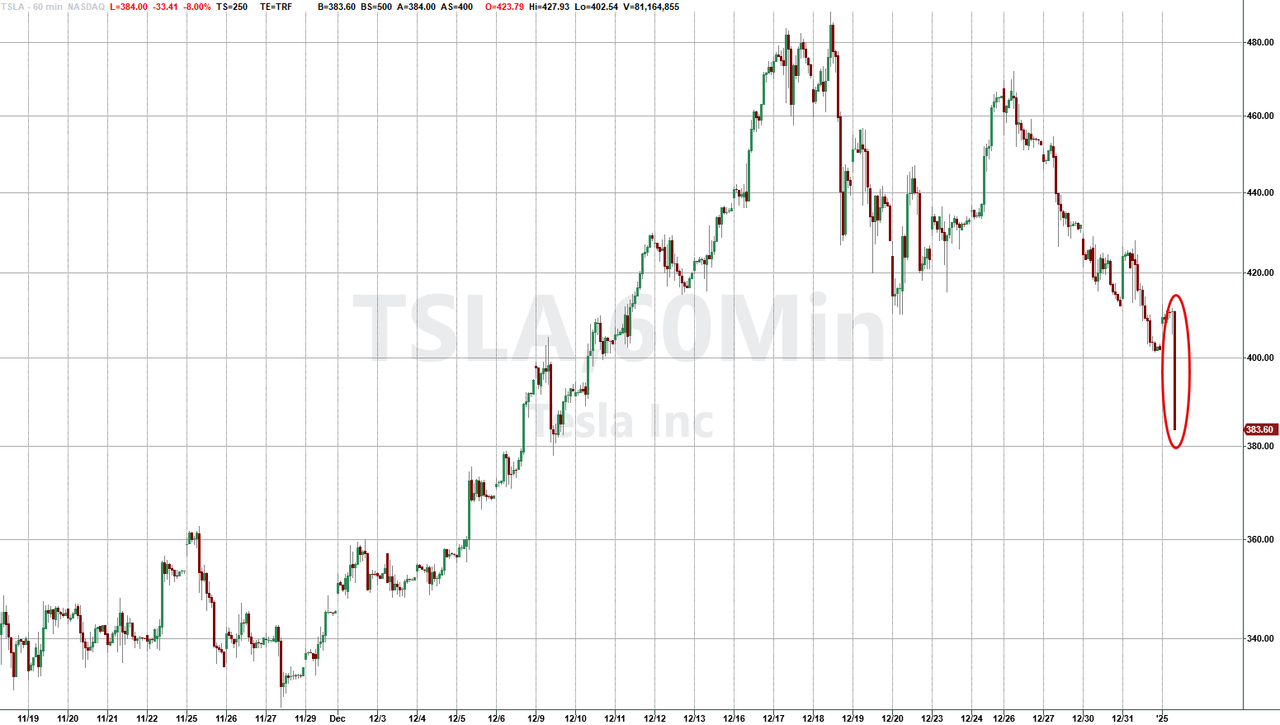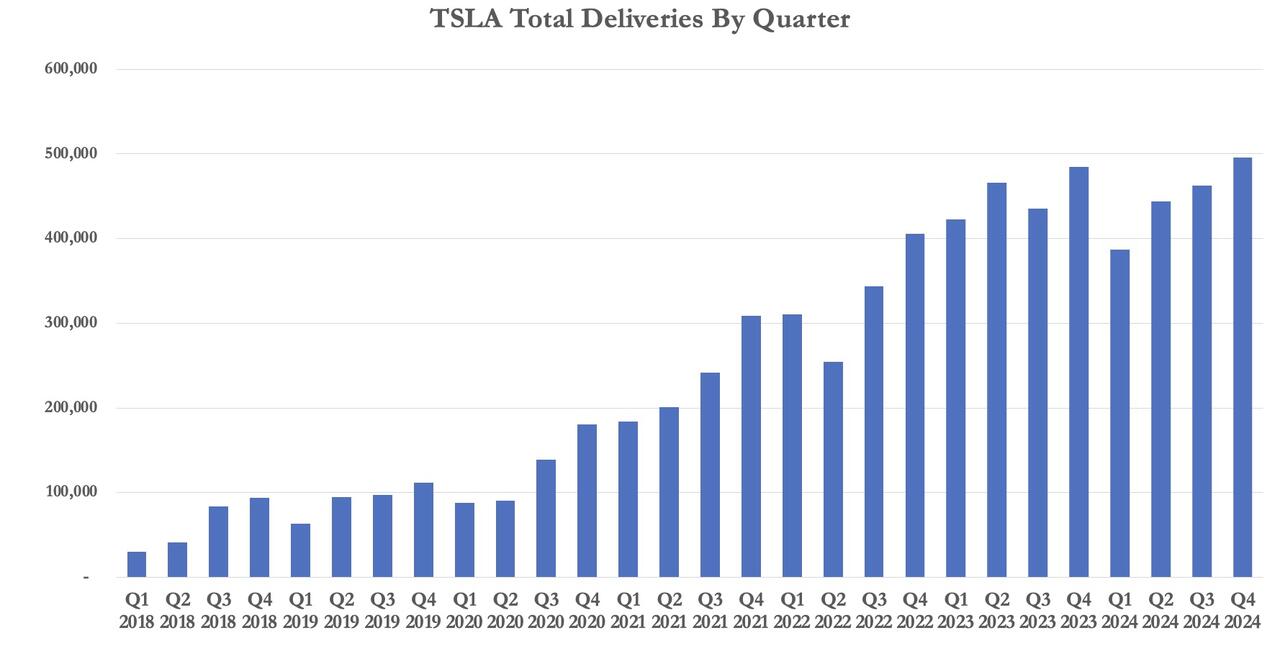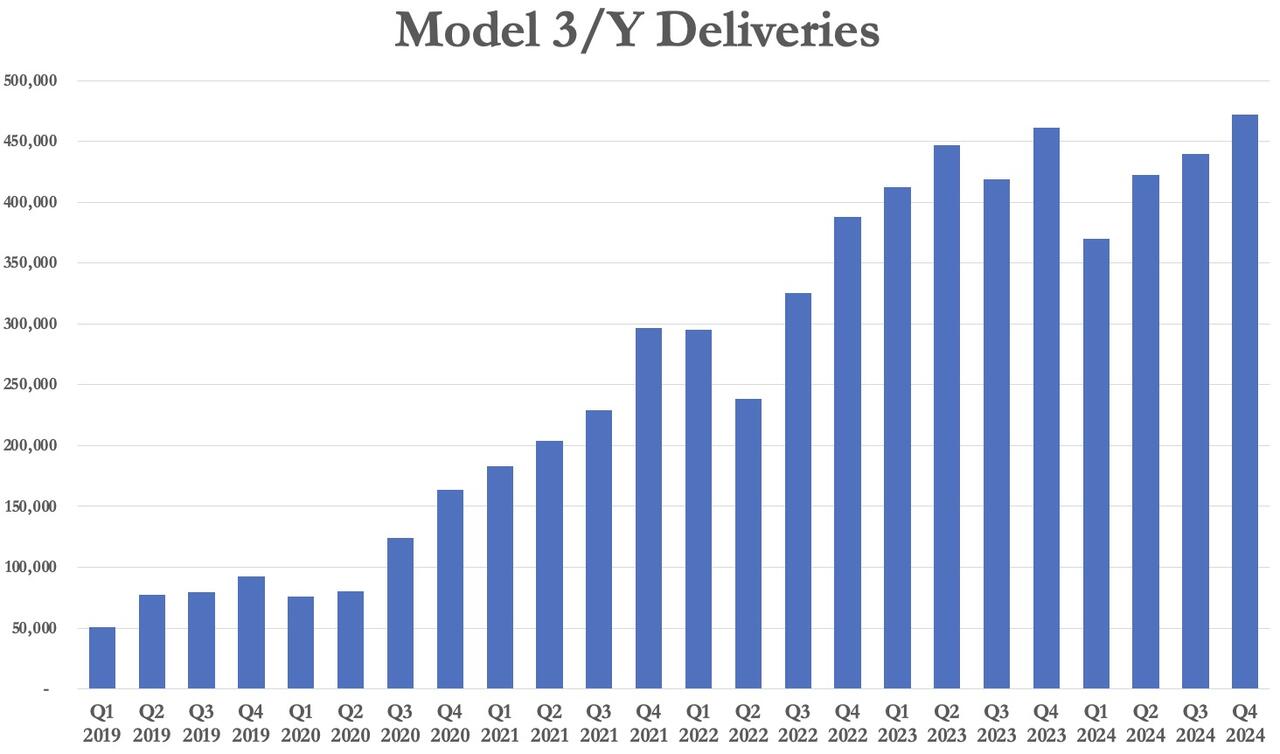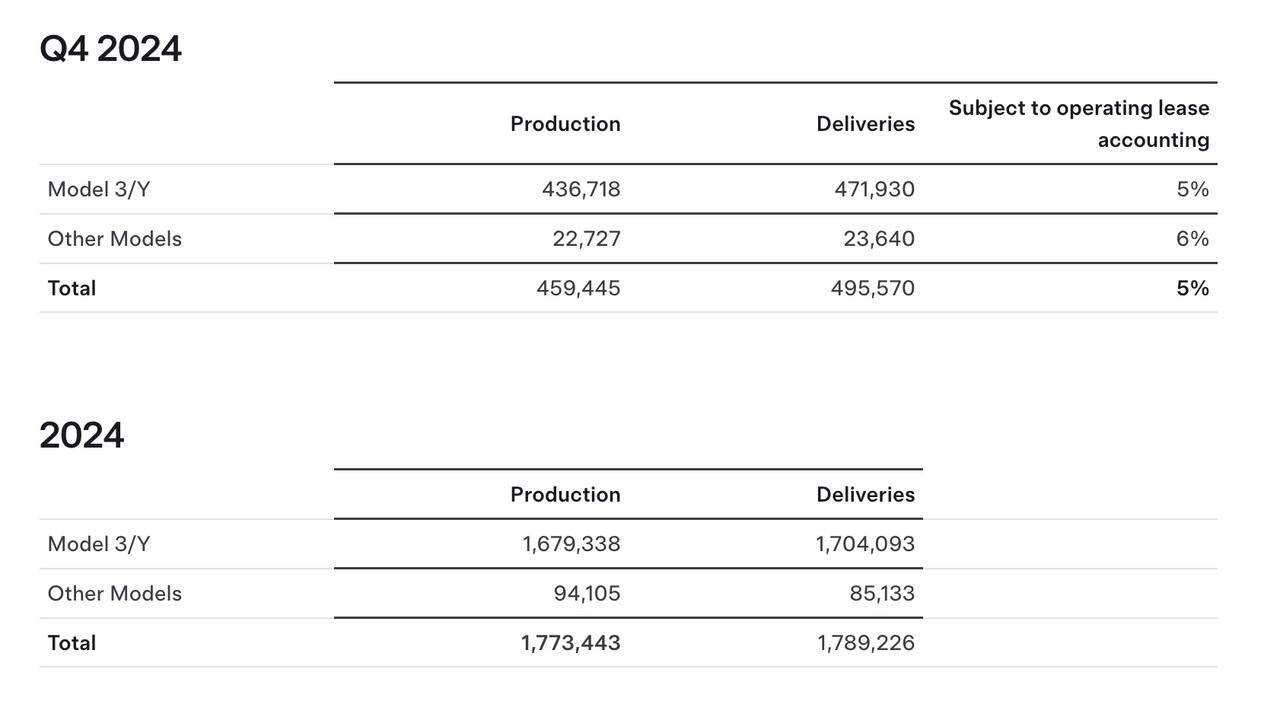by Andrew Korybko via substack,
Russia and the EU will manage the latest phase of their US-instigated divorce without much difficulty, but the US might offer to bring them back together by authorizing its vassals’ import of Russian pipeline gas in exchange for some concessions from the Kremlin in the energy sector and Ukraine...

Pundits are discussing Ukraine’s decision to cut off Russian gas to Europe after Kiev refused to extend its five-year agreement with Moscow that expired on the first of the year, with the vast majority laying blame on the other side and hyping up the negative consequences for their opponent’s interests. The reality is that this development is much more political than anything else since the EU and Russia already weathered much more serious disruptions throughout 2022.
The Yamal pipeline through Poland was shut down a few months after the special operation began for sanctions-related reasons while Nord Stream 1 was gradually phased out of operation due to maintenance needs worsened by Canada’s delay on returning repaired gas turbines to Russia. That pipeline and the inactive Nord Stream 2 were then blown up in a terrorist attack in September of that year, though one still remains undamaged but has yet to re-enter into operation for political reasons.
The combined effect resulted in the share of Russia’s pipeline gas in EU imports plunging “from over 40% in 2021 to about 8% in 2023” according to the European Council. Nevertheless, the EU “narrowly avoided” a recession that year in CNN’s words, though it could enter into one later this year if Germany’s economic struggles deepen. Even so, it won’t be directly affected by Ukraine’s latest decision since this route only concerns 5% of EU imports, with the main clients being Slovakia, Hungary, and Moldova.
The first two are led by conservative-nationalists who are fiercely opposed to NATO’s proxy war on Russia through Ukraine while the third is ruled by a pro-Western figure who wants to reconquer her country’s separatist region of Transnistria in which several thousand Russian peacekeepers are still based. This observation lends credence to the earlier claim that Ukraine’s decision is much more political than anything else since it punishes Slovakia, Hungary, and Transnistria without harming other countries.
The last-mentioned is being hit particularly hard since it had to halt heating and hot water to households, which could lead to political unrest that might be manipulated from abroad to provoke a Color Revolution. This could either result in regime change or weaken that polity enough from within that it becomes much easier for Moldova (with possible Romanian assistance) and/or Ukraine to invade. Russia’s Foreign Intelligence Service warned about that scenario last month, which was analyzed here.
Slovakia and Hungary won’t be harmed anywhere as much as Transnistria since each can import costlier LNG – whether from Russia, the US (which has poached a lot of its rival’s former EU market share), Algeria, and/or Qatar – from Lithuania/Poland or Croatia. Poland can connect Slovakia to Lithuania’s Klaipeda LNG terminal while Croatia’s Krk LNG terminal can supply Slovakia and Hungary. Hungary is also already getting some pipeline gas from TurkStream, which is Russia’s last pipeline to Europe.
All three are therefore being punished for political reasons, but it’s only Transnistria that risks an all-out crisis as a result, which could lead to an outcome that deals political damage to Russia if the government there is overthrown through an upcoming Color Revolution or that polity is captured by its neighbors. In the event that another conventional conflict erupts, the aggressors might eschew targeting Russian troops in order to avoid provoking an escalation, but Russia can always still authorize them to intervene.
Observers can only speculate what Russia would do since there are arguments in favor of it withdrawing its peacekeepers if they aren’t attacked and Transnistria falls but there’s also a logic in sacrificing them as part of a plan to “escalate to de-escalate” the special operation on better terms. There’s also the possibility that Transnistria doesn’t slip into a Color Revolution and isn’t invaded either. A potentially larger crisis would be averted so this is the best scenario for everyone’s objective interests.
Regardless of whatever may or may not happen in Transnistria, Ukraine’s decision to cut off Russian gas to Europe leads to the possibility that this route could be reopened once the conflict ends, thus representing a card that could be played to entice concessions from the Kremlin during negotiations. The same holds true for the Yamal pipeline and the last undamaged part of Nord Stream. Europe could use low-cost Russian gas to more confidently avoid a recession while Russia would appreciate the revenue.
To be sure, Russia still profits from LNG exports to the EU, which have filled the supply gap caused by the EU sanctioning its pipeline gas and Russia’s LNG competitors being unable to scale their exports to the point of fully replacing Russia’s exports that the EU still imports out of necessity. That said, Russia and the EU would mutually benefit a lot more if they returned as much as possible to their pre-2022 arrangement, though of course keeping in mind the contemporary political limitations to that.
America would have to approve this since it successfully reasserted its previously declining hegemony over the EU since the start of the special operation, however, but creative energy diplomacy of the sort elaborated on last month here could help lead to a breakthrough. The gist is that it’s the US that has an interest in making concessions to this end, not Russia, since the US doesn’t want Russia further fueling China’s superpower rise like it could do out of spite if it isn’t offered a good deal in Ukraine.
At the same time, it’s unrealistic to imagine that the US will cede its influence over the EU, ergo why it might propose a compromise whereby Russia isn’t allowed to (re)obtain control over the European portions of Nord Stream, Yamal, and the trans-Ukrainian Brotherhood and Soyuz pipelines. The first could be purchased by an American investor as was analyzed here in November while Poland might retain its post-2022 control over the second and the third would remain under Ukrainian control.
If the US really wants to incentivize Russia into agreeing to this proposal, which advances US interests by increasing the chances that Russia won’t build more pipelines to China out of the need to replace its lost revenue from the EU, then it can partially compensate Russia by releasing some of its seized assets. Even though those assets are legally Russia’s and were stolen from it, the Kremlin might agree to this swap if a large enough amount is offered in order to help manage its latest fiscal and monetary challenges.
In exchange for the US returning some of Russia’s seized assets and authorizing the EU’s resumption of some Russia gas pipeline imports, Russia might have to informally commit to not building any new pipelines to China while scaling back some of its demilitarization and denazification demands of Ukraine. American, Indian, and Japanese investment in Russia’s sanctioned Arctic LNG 2 megaproject could also replace frozen Chinese investment if waivers are granted for that purpose as a further incentive.
So long as Russia’s core security goals are achieved, which are restoring Ukraine’s constitutional neutrality and keeping uniformed Western forces out of the country, then it might be willing to compromise on demilitarizing all of Ukraine by settling for demilitarizing everything east of the Dnieper. This scenario was described more in detail at the end of this analysis here, which could include the vaguely defined denazification of that historically Russian region too instead of the entire country.
If Trump offers to terminate the US’ bilateral security agreement with Ukraine as part of a package deal that includes the abovementioned terms, then Russia might very well accept it since this would provide a mutually “face-saving” means for ending their proxy war while creating a basis for rebuilding relations. It’s not a perfect compromise, and some of each side’s supporters might argue that it’s more beneficial for their opponent, but their leaders might think differently and that’s all that ultimately matters.
https://www.zerohedge.com/geopolitical/political-consequences-ukraines-decision-cut-russian-gas-europe






